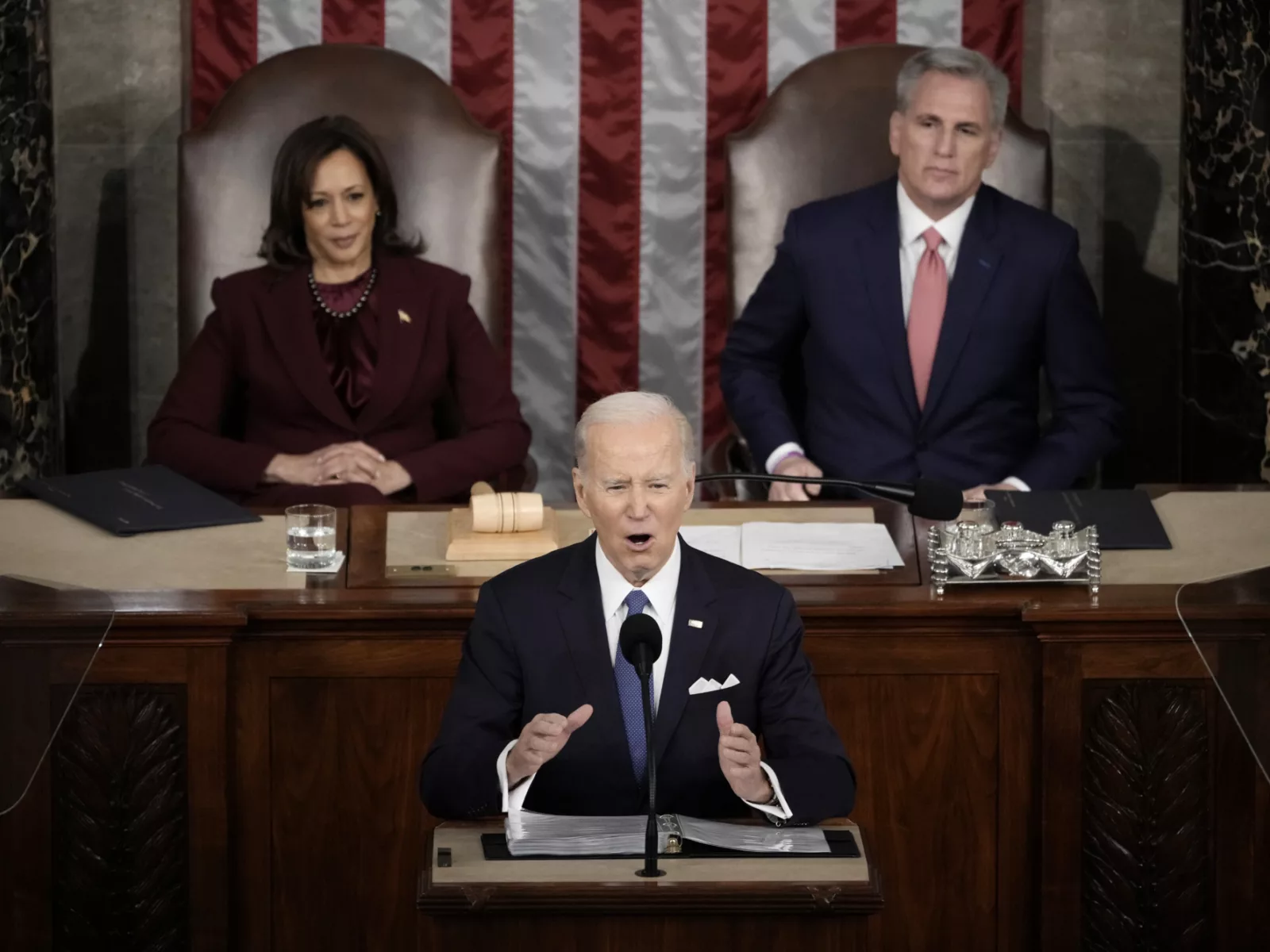In December 2020, Congress passed the No Surprises Act — banning the predatory practice of surprise medical billing in many situations starting Jan. 1, 2022. Appropriate implementation of the law is key to ensuring the reform fully realizes its promise of lowering costs and protecting patients. Over the summer, the Biden Administration released the first in a series of regulations to implement the law. In response, Arnold Ventures submitted public comments to the Administration on this first rule to implement the No Surprises Act to ensure robust patient protections and lower costs for consumers, employers, and taxpayers.
Millions of insured Americans receive surprise out-of-network bills each year, often from providers — such as emergency room physicians — that the patient has no choice in selecting for care. Surprise bills can result from both emergency and non-emergency situations — and can be extremely expensive for patients. The threat of surprise billing also allows these providers to extract higher payment rates for in-network services from insurers. These higher prices ultimately show up in higher costs for consumers and employers, increasing health care spending for people with employer-sponsored insurance by about $40 billion each year.
RELATED: Arnold Ventures has submitted additional public comments to the Administration on the initial surprise billing regulations.
We commend the Biden Administration for its approach in the initial regulation — in particular for its focus on strong patient protections and efforts to calculate the Qualifying Payment Amount (QPA) in a manner that minimizes the impact of factors that may inflate premiums. An important component of this initial rulemaking is the methodology for calculating the QPA to ensure it is not inflated; the QPA is the median in-network payment rate used to determine patient cost-sharing for surprise bills and to guide arbiters in determining payments from plans to providers for these bills. We also appreciate the administration’s recognition that surprise medical bills raise costs for consumers and employers — and put patients at risk for high out-of-pocket costs. This regulation is only the first step. Future regulations on the design of the independent dispute resolution (IDR) process will be critical in ensuring the law reduces consumers’ premiums and results in at least the $17 billion in federal savings (over 10 years) projected by the Congressional Budget Office.
Read our full comments on the initial rule below or here.


















